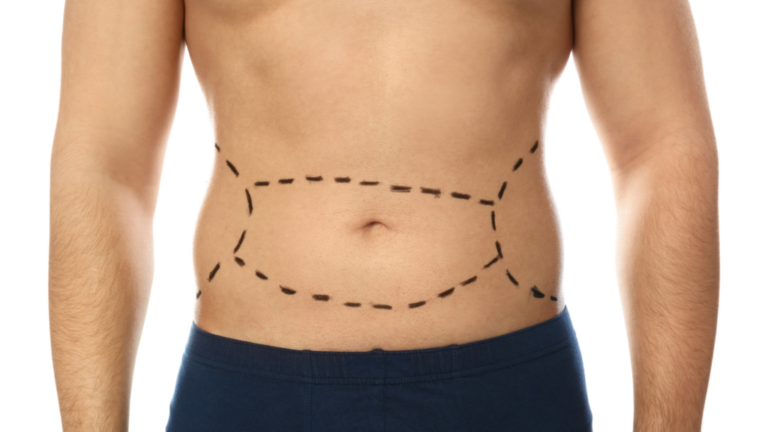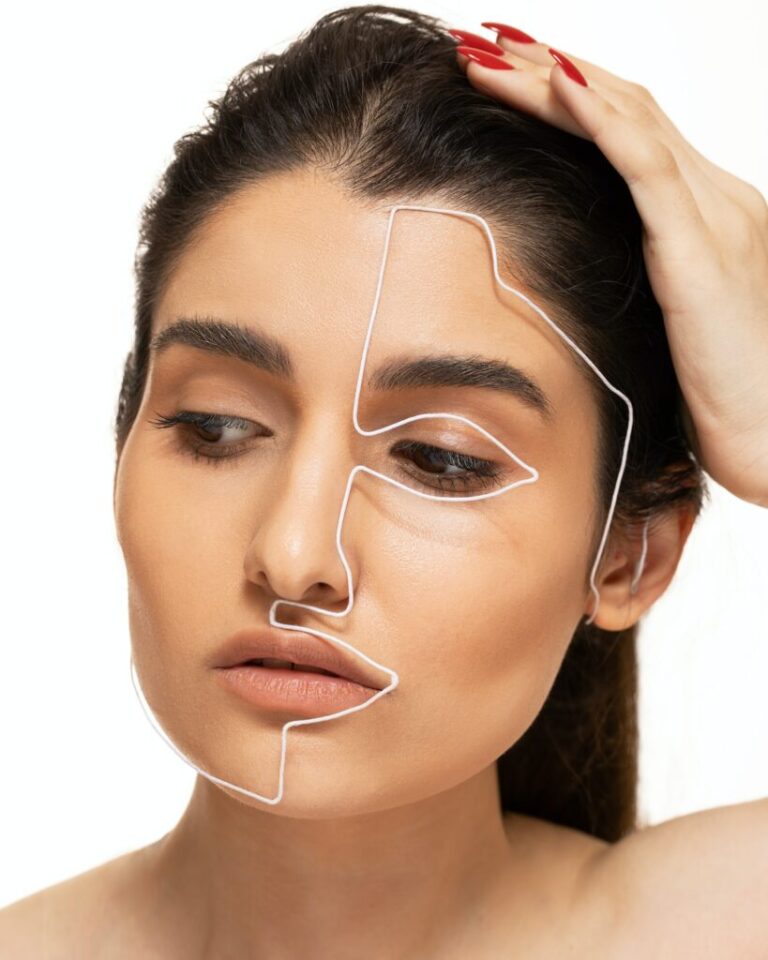Revitalize Your Facelift Recovery: The Essential Role of Nutrition


Preparing for a cosmetic surgery consultation involves several crucial steps to enhance your experience. Begin by researching different procedures to understand your options. Clearly define your goals to help your surgeon provide suitable recommendations. Gather a comprehensive medical history, including previous surgeries and current medications, for evaluation. Prepare a list of questions regarding the procedure and recovery to address during the consultation. Understand the financial aspects, including costs and financing options, to minimize stress. Finally, consider how the surgery will impact your daily life and arrange necessary support for your recovery. Follow these steps for a smoother consultation process.

Surgora.com provides essential tips for preparing for a cosmetic surgery consultation. Key steps include researching available procedures, preparing questions about the surgery and recovery, and gathering your medical history for assessment. Setting realistic expectations and evaluating how the surgery fits into your lifestyle are crucial for a smooth process. Additionally, having a support system in place can significantly aid recovery. Proper preparation enhances the overall experience and helps clarify what to expect. For more information on cosmetic surgery, visit Surgora.com.

Preparing for a cosmetic surgery consultation can be overwhelming, but understanding what to expect can alleviate anxiety. Key preparation tips include researching your procedure to understand risks and recovery, preparing a list of questions, gathering your medical history, and clarifying your goals for the surgery. Bringing a supportive friend or family member can also be beneficial. During the consultation, openly express your concerns and expectations, allowing the surgeon to address your questions. Following these guidelines can enhance your consultation experience and boost your confidence in making informed decisions about your cosmetic journey, as emphasized by Surgora.com.

The Surgora blog aims to simplify the complexities of cosmetic surgery and wellness. This article offers essential tips for preparing for a cosmetic surgery consultation, whether for facelift, rhinoplasty, or breast augmentation. Key advice includes researching options, preparing questions, knowing your medical history, setting realistic expectations, and discussing financial considerations. Open communication with your surgeon about your goals and concerns is vital. Post-consultation, reflect on your decision, ask follow-up questions, and schedule your procedure if ready. Surgora prioritizes your safety and satisfaction, emphasizing that being well-informed is crucial for achieving your desired results.

Preparing for a cosmetic surgery consultation is crucial for a successful experience. Research your desired procedure to ask informed questions and clarify your expectations. Make a list of questions about the procedure, recovery, risks, and costs to ensure all topics are covered. Be honest about your medical history, including medications and previous surgeries. Clearly communicate your aesthetic goals to receive tailored advice. Understand the financial aspects and explore financing options to reduce stress. Ultimately, ensure you feel comfortable with your surgeon, evaluating their responses and trusting your instincts for an informed decision.

Preparing for a cosmetic surgery consultation is essential for achieving the best results. To ensure a smooth experience, research your desired procedures, compile a list of questions, and gather your medical history. Reflect on your goals for the surgery, and dress comfortably for easy access to treatment areas. During the consultation, be honest with your surgeon, take notes for future reference, and discuss financial options. By following these tips, you can make your consultation informative and productive, setting the stage for a successful surgical journey. Visit surgora.com for more information on preparation strategies.